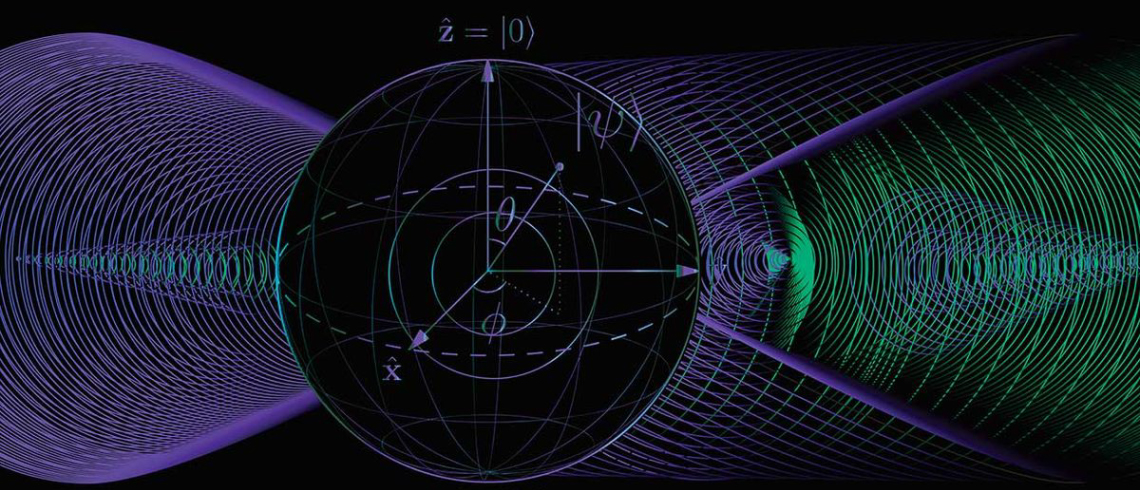Chinese Scientists Achieve a Breakthrough in Quantum Computing, Bringing Practical Applications Closer

Quantum computers are incredibly powerful machines capable of performing calculations much faster than classical computers. However, they are also very fragile and their basic unit of computation, the qubits, can be easily disrupted by external factors such as temperature changes or electromagnetic radiation. This makes it difficult to build practical quantum computers that can reliably perform complex computations.
A new study published in the journal Nature outlines a method for extending the lifetime of logical qubits. In quantum computing, a logical qubit is a qubit that has been encoded to be protected against errors using quantum error correction (QEC) codes. QEC involves encoding information in a way that enables real-time error detection and correction. In contrast, a physical qubit has not been encoded and is therefore more susceptible to errors.

To be effective, QEC codes require logical qubits to have a longer lifetime than physical qubits, which has posed a significant challenge for researchers. The new study offers a solution to this problem by utilizing discrete-variable-encoded logical qubits, which can extend the lifetime of these qubits by approximately 16% beyond what was previously attainable. The researchers demonstrated this method using an experimental setup based on photonics, but it could also be applied to other types of qubits, such as superconducting circuits. This method could help overcome one of the major obstacles in developing practical quantum computers.
The potential applications of this research are vast and could have significant implications for fields such as cryptography, drug discovery, and materials science. The scientists who contributed to this research primarily hail from the Southern University of Science and Technology, Tsinghua University, and Fuzhou University.
 Experimental characterization results of quantum error correction operations (Source: Nature)
Experimental characterization results of quantum error correction operations (Source: Nature)
Wang, H., Yang, M. A., Wangdue, S., Lu, H., Chen, H., Li, L., Dong, G., Tsrin, T., Yuan, H., Fu, Q., & 27 others. (2023). Human genetic history on the Tibetan Plateau in the past 5100 years. Science Advances, 9(11), eadd5582. https://doi.org/10.1126/sciadv.add5582
Yang, J., Jin, Z. B., Chen, J., Qu, J. (2017). Genetic signatures of high-altitude adaptation in Tibetans. Proceedings of the National Academy of Sciences, 114(16), 4189-4194. https://doi.org/10.1073/pnas.1617042114



